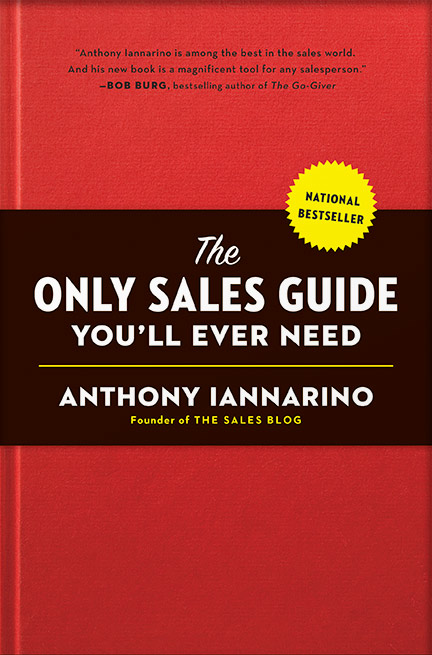The neophiliac is one who loves what is new and novel, finding what’s new and now to be more valuable than what came before it. One can, however, take this preference to an extreme, believing that something new and novel is better than old things, a common mistake when one is young and resists the idea that because something is old it isn’t valuable.
You can find much of human development in the idea, “Too soon old, too late wise.” Most who want success would do better to look backward for wisdom instead of spending hours scrolling through the interminable “now” they find on social media.
The Lindy Effect
The Lindy Effect is the idea that you can tell how likely something is going to last by how long it has already been around. The longer something has survived, the longer it is going to survive. Much of what is new is ephemeral, here today, gone tomorrow. What persists over time does so because it is more valuable than those things that disappear.
When it comes to truth and wisdom, one will do better to look backward than forward. You will find more wisdom from those who have lived long enough to have learned valuable lessons worth emulating—as well as having learned what you should avoid.
This video of Jim Rohn is from 1992. He was 62 years old, two years older than his mentee, Anthony Robbins, and the same age as Grant Cardone today. Rohn is what I would call a practical philosopher. He shared the wisdom of the ages, much of it learned from bad decisions and experiences, all of which are as relevant today as it would have been in 1992 or 1902.
Stephen Covey published The Seven Habits of Highly Effective People when he was 57 years old. I heard that the content of that book was much older and that he had been teaching the principles for a very long time. Those same principles were far older than Covey’s distillation, and his best-selling book begins with his review of the success literature of the past hundreds of years. He wasn’t looking for something new; he was looking for what was true.
One unaware of the Lindy Effect can spend a lot of time flailing around trying to find success. Success eludes all who avoid looking backward for principles, something especially true when they believe technological tools can cover up a lack of depth, character, and sustained effort over time.
Truth for All Time
Honoring the Lindy Effect requires one to read the wisdom of the ages. What you need to know to succeed in life and business is already known. It has already been written in books, recorded on audio, and captured on video. It is freely available, and the price of acquiring it is some number close to free.
When a person finds a truth so compelling they can’t avoid it, they study and practice it. Once they’ve mastered it, they codify it in a book (this category excludes those who interview and research a topic and then writes a book, because there is a difference between a conceptual understanding and the knowledge one can only acquire through experience).
For, say, some amount less than 25 dollars and 6 hours of your time, you can take years of your time to results by studying some principles and strategies and putting them into practice. Audio and video programs will deliver that same value to you.
Principles That Persist
My first book, The Only Sales Guide You’ll Ever Need, was an homage to Stephen Covey. Instead of writing only about sales, I spent half a book about the character traits one needs to develop to succeed in sales—or anything else. I was looking for principles that persisted over time, things that would never lose their value to the few who are willing to spend the time and effort to improve themselves.Learn Anthony's core strategies & tactics for sales success at any level with The Only Sales Guide You'll Ever Need
The list of the chapters in the first half of the book includes self-discipline, optimism, caring, competitiveness, resourcefulness, initiative, persistence, communication (listening), and accountability. Given a chance to expand the book by as many pages, I would add confidence, diplomacy, passion, courage, curiosity, a sense of humor, authenticity, and drive.
You would have a difficult time arguing that any of the above ideas are going to be less valuable over time. It is rather easy to argue that these ideas and attributes will serve you well long into the future.
The Value of Hard-Won Success
Much of the wisdom of the ages is the result of folly, mistakes, missteps, and plain old, ordinary hubris (something that has plagued human beings since they have existed on Earth).
You might think of this idea as someone else paying a large part of your success for you. They made the mistakes, suffered the consequences, learned from their failure, and succeeding by observing some truth, often a truth they tried to avoid because it would have required more time and more effort.
The hard-won success that built the wisdom of the ages is your head start. Studying the principles, strategies, tactics, and competencies of the past is very much like being moved up the 13th mile in a marathon. Believing that the wisdom of the ages is of no use to you is like being forced to start the race years after it started.
To improve your future, look to the past.

Get the Free eBook!
Your guide to become a sales hustler
Hustlers pursue opportunities. They give themselves lots of chances to be successful. Discover what it takes to become the best hustler around.
Download Now










